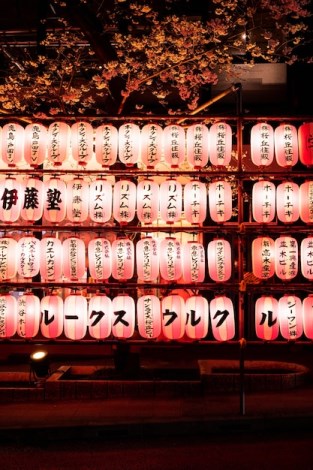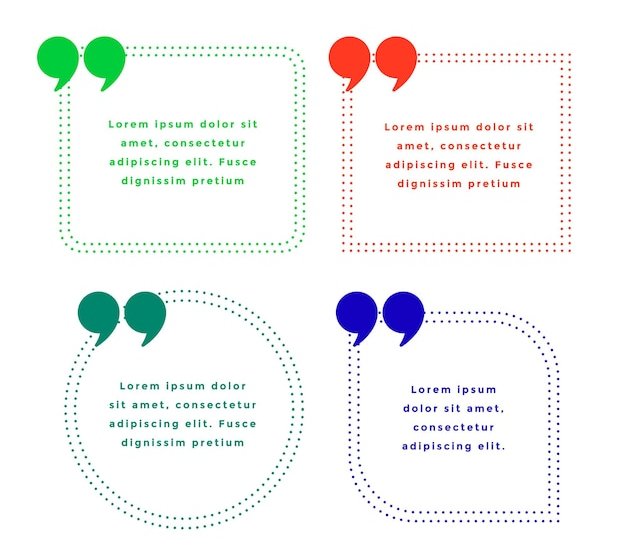Discover Fascinating and Surprising Facts about Japan

Japan is known as the Land of the Rising Sun due to its location in the east.
Japanese people bow to show respect, and the angle and depth of the bow indicate the level of respect.
Cherry blossoms, known as sakura, are deeply symbolic in Japanese culture and represent the fleeting nature of life.
Japan has more than 6,800 islands, with Honshu, Hokkaido, Kyushu, and Shikoku being the four main islands.
Sumo wrestling is Japan’s national sport and is performed in traditional outfits called mawashi.
The world’s busiest fish market, Tsukiji Market, is located in Tokyo, selling over 2,700 tons of seafood daily.
Japan is famous for its high-speed trains, known as Shinkansen, which can reach speeds of up to 320 km/h (200 mph).
Mt. Fuji, an iconic symbol of Japan, is an active volcano and the highest peak in the country.
Japan has the highest life expectancy in the world, with an average of 84 years.
Traditional Japanese tea ceremonies are meticulous and emphasize tranquility and simplicity.
Japan has one of the lowest crime rates in the world, and it is common for people to leave their belongings unattended.
Japanese vending machines offer a wide range of products, from hot meals to underwear.
Karaoke, meaning empty orchestra in Japanese, was invented in Japan in the 1970s.
Japan is home to the world’s oldest company, Nishiyama Onsen Keiunkan, founded in 705 AD and still operating today.
Discover Fascinating and Surprising Facts about Japan part 2
Japanese cuisine extends beyond sushi and includes dishes like ramen, tempura, and takoyaki.
Bullet train platforms have blue lines indicating where the doors will open, ensuring efficient boarding and alighting.
Japan experiences about 1,500 earthquakes every year due to its location on the Pacific Ring of Fire.
Japanese baseball is hugely popular, and the fans are known for their synchronized cheering and singing.
The world’s first novel, The Tale of Genji, was written by a Japanese noblewoman named Murasaki Shikibu in the 11th century.
Japan has 23 Special Wards, which are cities within Tokyo, making Tokyo the largest metropolitan area in the world.
Japan is a country of vending machines, with one machine for every 23 people.
Tokyo Disneyland has an intricate underground system of tunnels called Utilidors to transport characters out of sight.
Japan has over 200 flavors of Kit Kat, including unique flavors like wasabi, matcha, and even sake.
The snow monkeys in Nagano are famous for their habit of bathing in hot springs during the winter.
Anime and manga are hugely popular in Japan and have a significant influence on global pop culture.
Japan is home to the oldest monarchy in the world, with the emperor being a symbol of unity and stability.
Akihabara in Tokyo is known as the electronic district, offering a wide range of anime, manga, and technology-related goods.
Japanese toilets are famously high-tech, featuring heated seats, bidet functions, and even music to help maintain privacy.
Japan’s suicide forest, Aokigahara, located at the base of Mt. Fuji, is unfortunately known for its popularity as a suicide destination.
The Japanese art of bonsai involves growing small trees in pots and shaping them to mimic full-sized trees.
Japanese vending machines sell cans of hot coffee, and you can select your preferred level of sugar and milk.
Mt. Koya houses one of Japan’s most sacred Buddhist sites and is also known for its cemetery with intricate tombstones.
Japan has efficient waste separation systems with strict rules for sorting trash into different categories.
The Japanese love for tidiness and efficiency extends to their public transportation, where train conductors apologize for even a minor delay.
The oldest wooden structure in the world, Horyu-ji Temple, can be found in Japan and dates back to the 7th century.
The Japanese love for cute characters is evident in the popularity of kawaii culture, with characters like Hello Kitty and Pikachu.
Japan has more than 70,000 convenience stores called konbini, open 24/7 and offering a wide range of goods and services.
Japan is famous for its stunning autumn foliage, known as koyo, attracting tourists from around the world.
The popular street crossing in Shibuya, Tokyo, allows pedestrians from all directions to cross simultaneously during peak hours.
Sushi was originally a street food in Japan before evolving into a globally popular cuisine.
Japanese gardens are meticulously designed spaces that aim to recreate the essence of nature and promote tranquility.
In Japanese culture, it is customary for guests to present gifts with both hands, and it is considered impolite to open them immediately.
The tallest wooden building in the world, the five-story pagoda at To-ji Temple in Kyoto, stands at 55 meters (180 feet) tall.
Japan has 17 UNESCO World Heritage Sites, including historical shrines, temples, and natural wonders like Mount Fuji and Yakushima Island.
Japanese craftsmanship is highly regarded, with traditional arts like pottery, calligraphy, and sword-making being preserved and honored.

